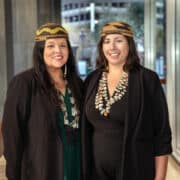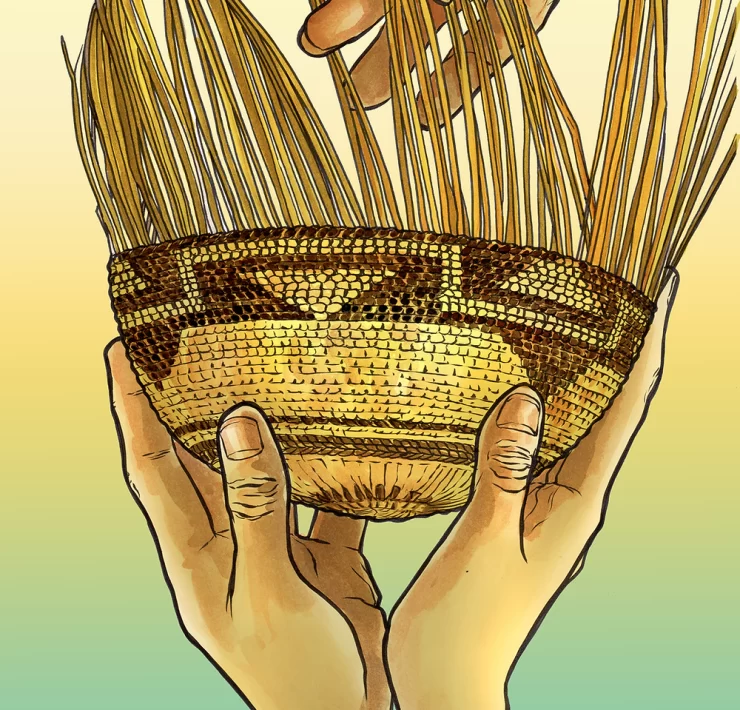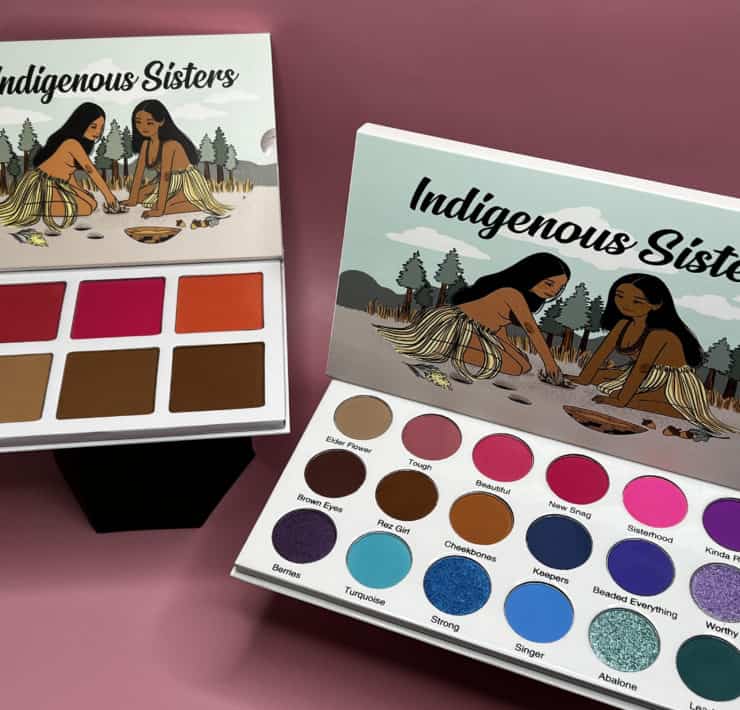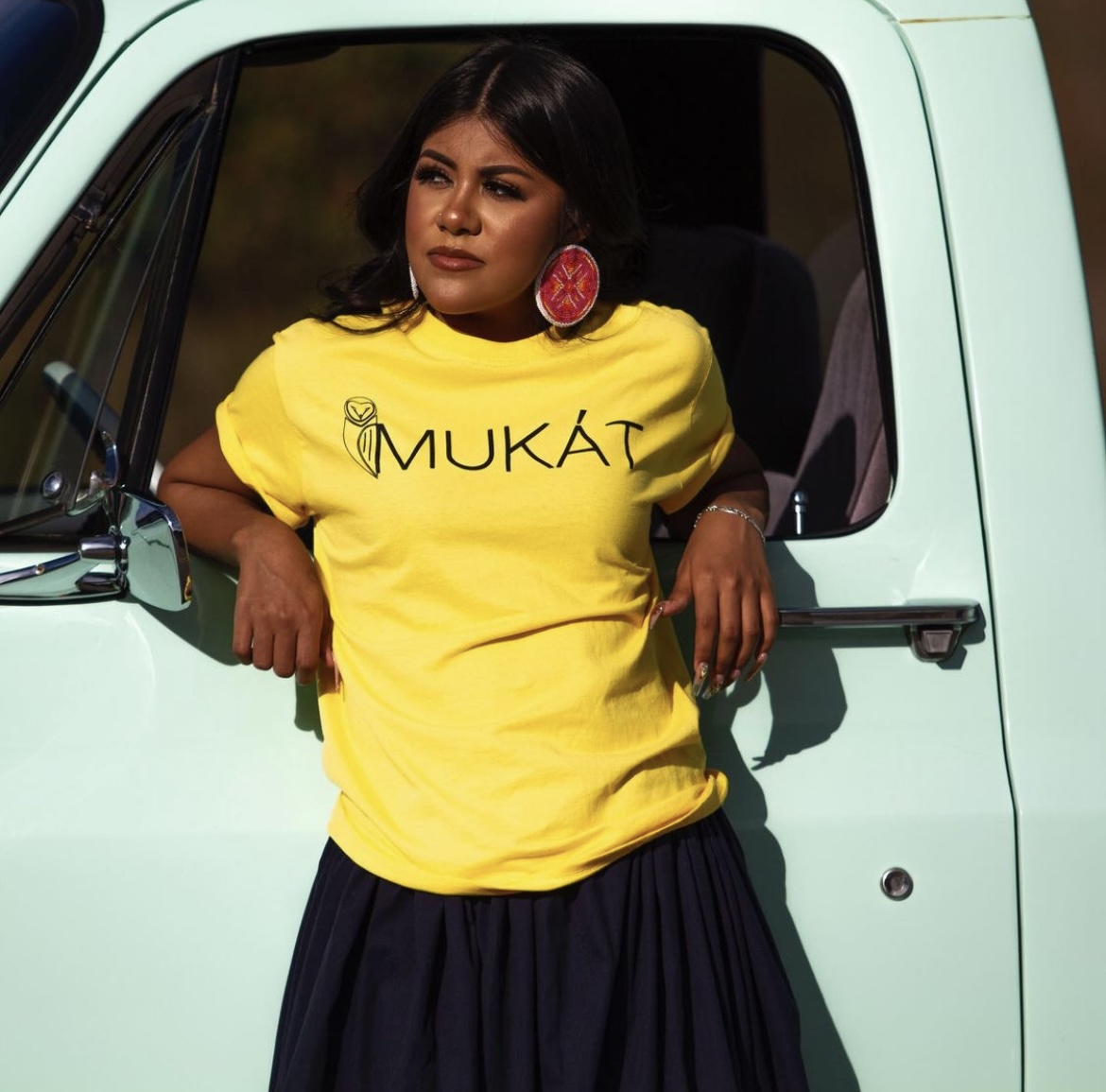
By Emily Clarke
It seems like everyone in Indian country is a small business owner, an entrepreneur, or has some sort of “side hustle.” Whether it’s making beadwork, selling baked goods, or producing one-of-a-kind pieces of artwork, our community continues to practice the Indigenous tradition of creating. Many of the California Native small businesses we know and love sell products centered around the power of Native self expression. There are makeup brands who sell eyeshadow palettes with shade names written in tribal languages, bead artists who create medallions inspired by Native pop-culture icons, and digital artists who draw Instagram profile pictures for popular Native influencers. No matter the artform, California Native artists and small business owners are constantly creating art and products that represent themselves and their communities in a positive, often playful way.
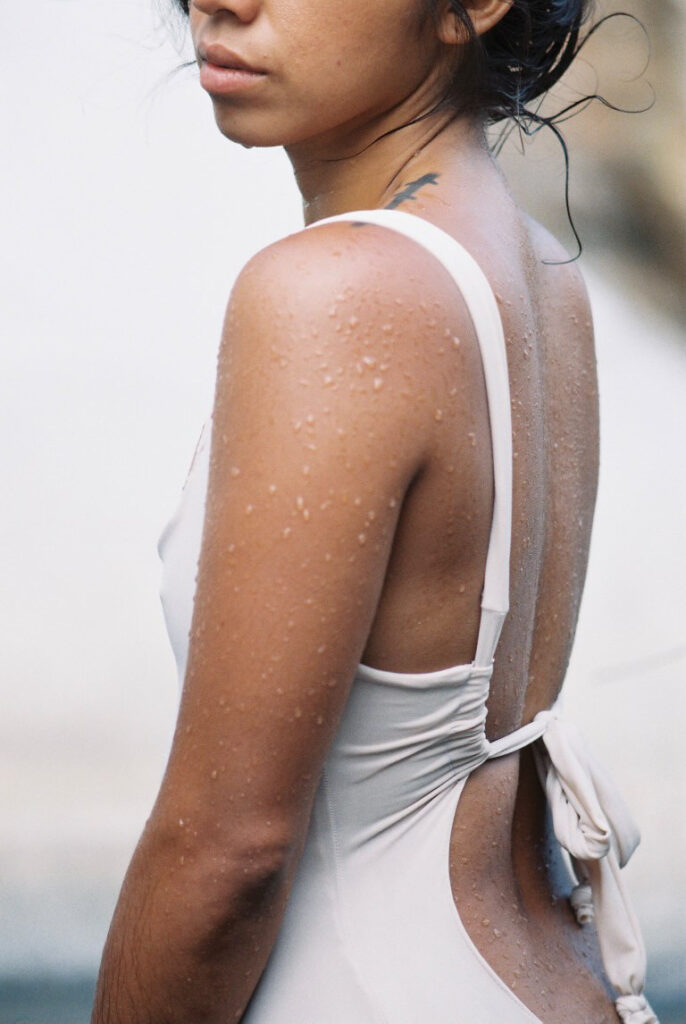
Recently, a new form of self expression has made its way into the small business scene; California Native fashion brands. Although there has been some emphasis on Native designers in the high fashion world, I have noticed a recent rise in smaller Native fashion brands specializing in streetwear and casual clothing designed by and for Native people. Seandiin Streetwear for example, is a California-owned Native brand that often sets up at small business fairs in order to sell their products and promote their business. Other brands, like Poyomi Shukwin, have a very strong, curated social media presence and create a name for their brand through aesthetics among other things. Vosq Clothing Co. is a California Native-owned clothing brand doing something a little but different by offering both men’s and unisex clothing options as well as women’s sizing which is a bit more common in my experience. Many of these brands sell clothing that the everyday person can purchase and enjoy, and keeping their products culturally conscious is an important practice in their design process. Mukát Clothing creates designs that represent Southern California tribal identity while also making sure their customers don’t have to sacrifice comfortability in order to wear in-fashion clothing.
All of the Native-owned fashion brands mentioned above bring something different to the world of Indigenous fashion, however the thing they each have in common is their dedication to representing their communities culturally as well as their strive to empower the people who wear their products. Poyomi Shukwin, founded by two Yokuts cousins, strives to design swimwear that is both “pleasing to the eye and flattering for anyone.” Furthermore, they believe that their handmade pieces inspire having pride for your body and the culture you come from. If you scroll through their Instagram account, the showcase of self love and empowerment is clear and inspiring. Vosq Clothing Co. says they strive to empower their customers through “creativity and perspective to challenge their own fears and abilities.” Vosq’s mission statement also includes their goals of “rejuvenating the narrative of the Native American community” through creating quality clothing, practicing community engagement, and representing a global perspective. Mukát clothing also works tirelessly to empower the Native community and create clothing that feels authentic and comfortable to their customers. Mukát Clothing was created in response to the owner and designer, Robert Suarez, noticing members of his community wearing out-of-state Native brands. Robert wanted to give California Native people the option to wear clothing that represented them more accurately as well as make waves by being one of the only Payomkawichum fashion brands. Although Robert sees the value in Indigenous fashion representation, he also recognizes that Native brands from across the United States and elsewhere are making art with the sole purpose of speaking up for the eclectic Indigenous communities of the world.

“I would like to encourage our youth to start their own brands or businesses due to the need for more Indigenous owned products. Don’t be discouraged because being Indigenous, anything you do will represent us all,” Robert says.
There is something very endearing and inspiring about the fact that many of these Native-owned brands were started in response to the lack of representation of California Native communities within the fashion and art world. Although there are many Native designers creating clothing that exists in a high-fashion space, I see great importance in the practice of making authentic, affordable, and everyday clothing for the Native community. These brands are not only taking on that responsibility, but doing so mindfully, authentically, and with a passion for creativity not unlike that of our ancestors.

